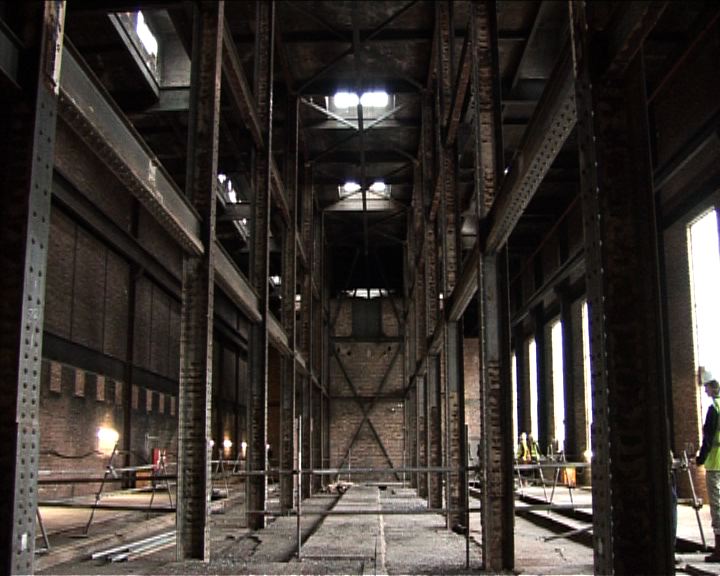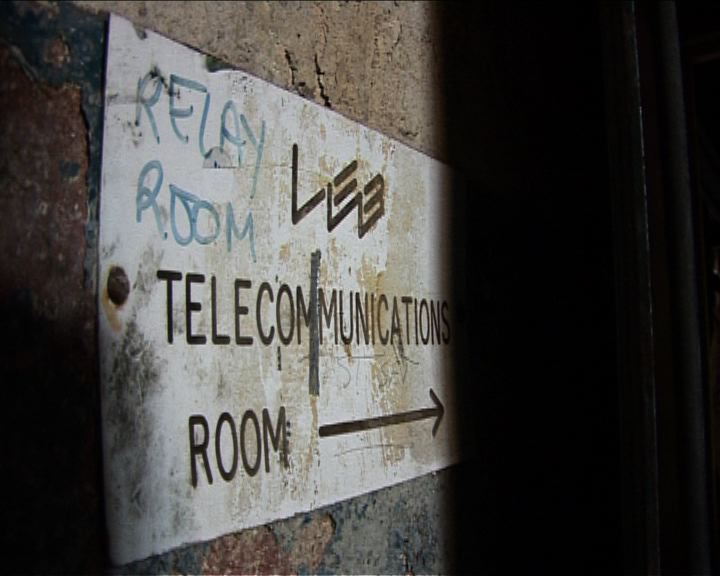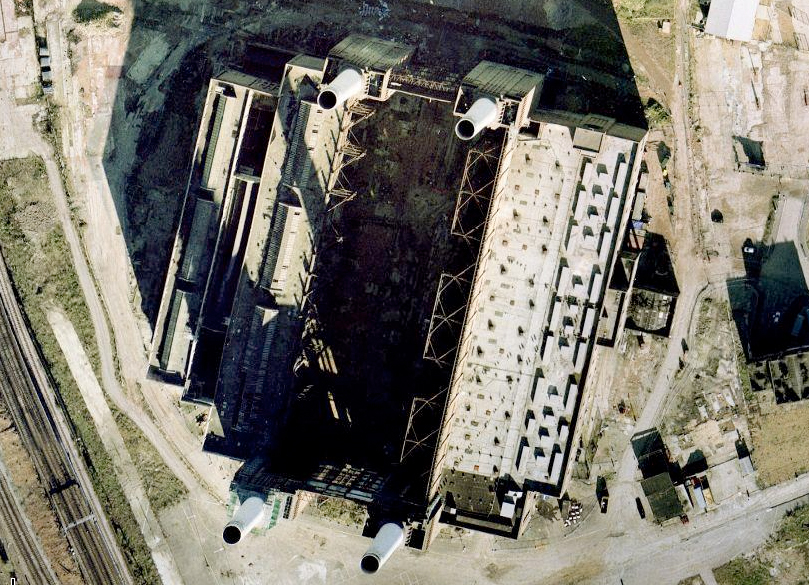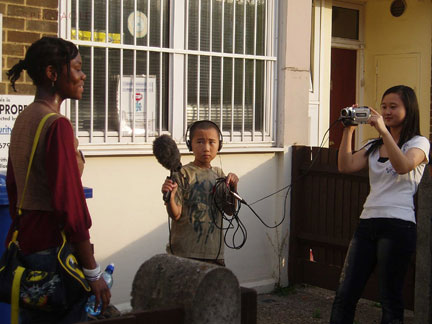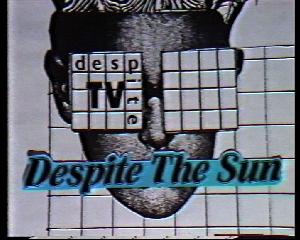More children living in persistent poverty in Northern Ireland than Great Britain
A report published today (12 November 2009), on child poverty in Northern Ireland, found that more families in Northern Ireland experience persistent poverty than in Great Britain.
What can we do to tackle child poverty in Northern Ireland by Goretti Horgan from the University of Ulster and Marina Monteith from Save the Children (Northern Ireland) explores the challenges faced by the Northern Ireland Assembly in meeting its target of eradicating child poverty. It found that persistent poverty in Northern Ireland (21% before housing costs) is more than double that in Great Britain (9% before housing costs).
The report points to four main reasons for higher persistent poverty in Northern Ireland:
· High levels of worklessness: 31 per cent of the working-age population is not in paid work,higher than any GB region and 6 per cent higher than the GB average.
· High rates of disability and limiting long-term illness, especially mental ill-health.
· Low wages: the median wage for men working full-time is 85 per cent of that for British men.
· Poor-quality part-time jobs and obstacles to mothers working.
The authors acknowledge that although there are some areas which need to be tackled that are beyond the Assembly’s control, there are issues over which the devolved administration has some influence. They recommend that the Assembly works on six key areas:
· Increasing the supply of well-paid, good quality jobs
· Supporting those already in work to increase their qualification levels
· Alleviating the worst impacts of poverty on children
· Addressing the lack of quality affordable childcare
· Increasing educational attainment
· Providing access to leisure and social activities for poorer young people
Julia Unwin, Chief Executive of the JRF, said: “The Assembly has already shown that it is possible to intervene to alleviate some of the worst aspects of poverty. Just as it provided the one-off fuel payment of £150 to families on benefit in winter 2008/09, it could make it easier for people to take ‘mini-jobs’, allowing those living on benefits to provide a little extra for their families. School budgets need to provide for all the costs of education including books, school trips and after-school activities. It must also address ways of giving poorer young people access to positive social and leisure activities.”
What can we do to tackle child poverty in Northern Ireland by Goretti Horgan from the University of Ulster and Marina Monteith from Save the Children (Northern Ireland), is available to download for free from the Joseph Rowntree website.
For more information view Spectacle’s Poverty and Participation in the Media project.
Notes:
Poverty is defined as a family income below 60% of the median income.
Persistent poverty defined as being in poverty for at least three out of four years (in this case 2003-2007).

 Screening of
Screening of  The Joseph Rowntree Foundation have now launched the Poverty and Participation in the Media project.
The Joseph Rowntree Foundation have now launched the Poverty and Participation in the Media project.
 Plan B, TV2 – the Danish version of The Unteachables
Plan B, TV2 – the Danish version of The Unteachables


